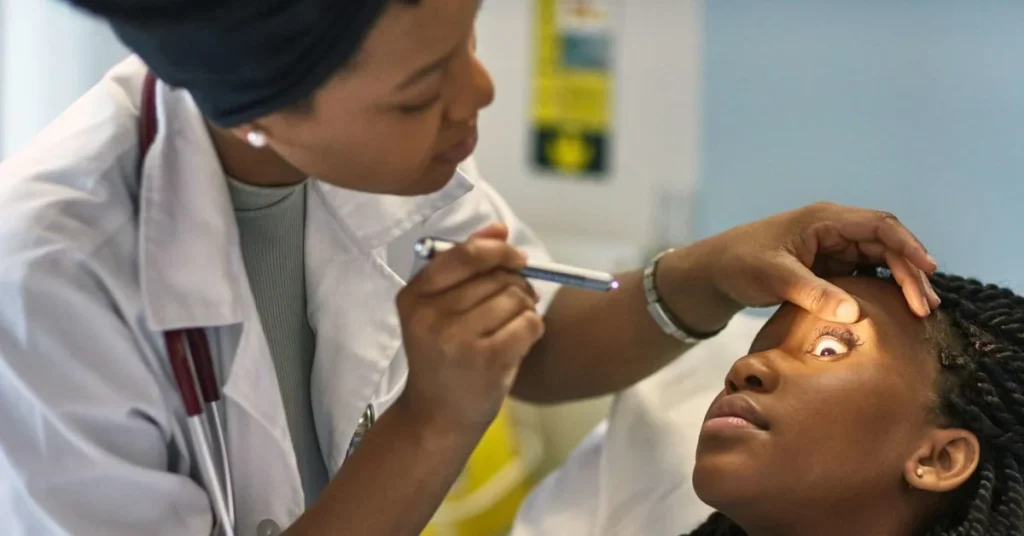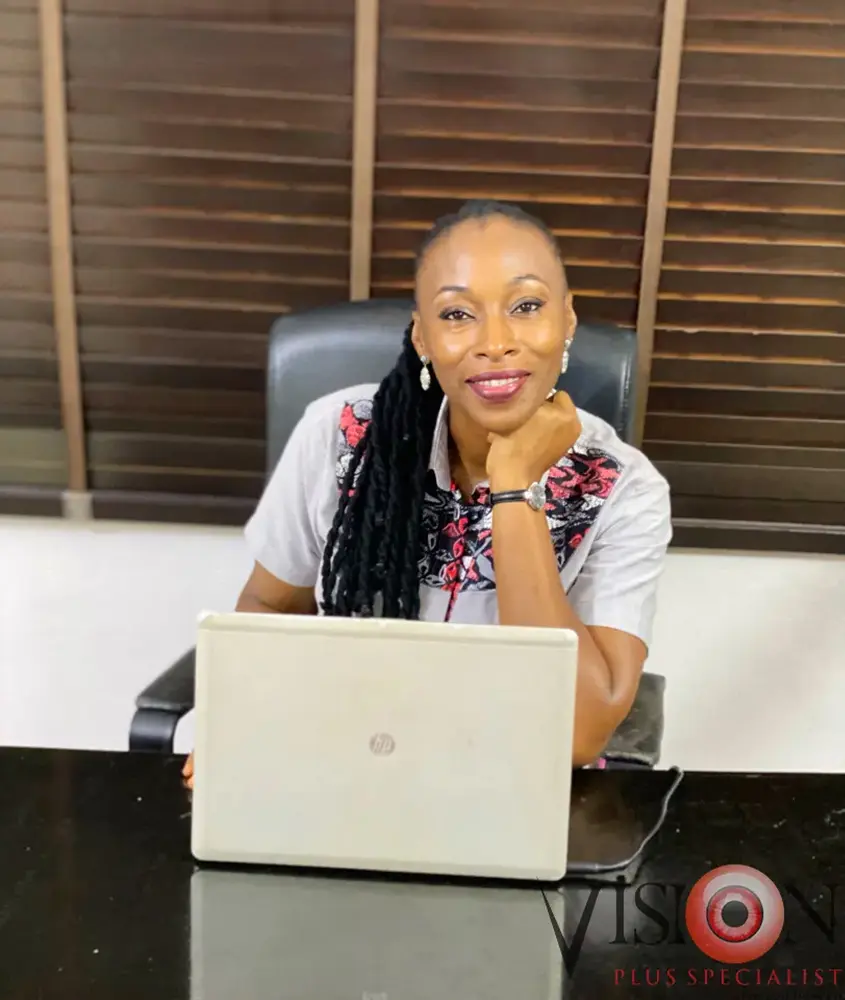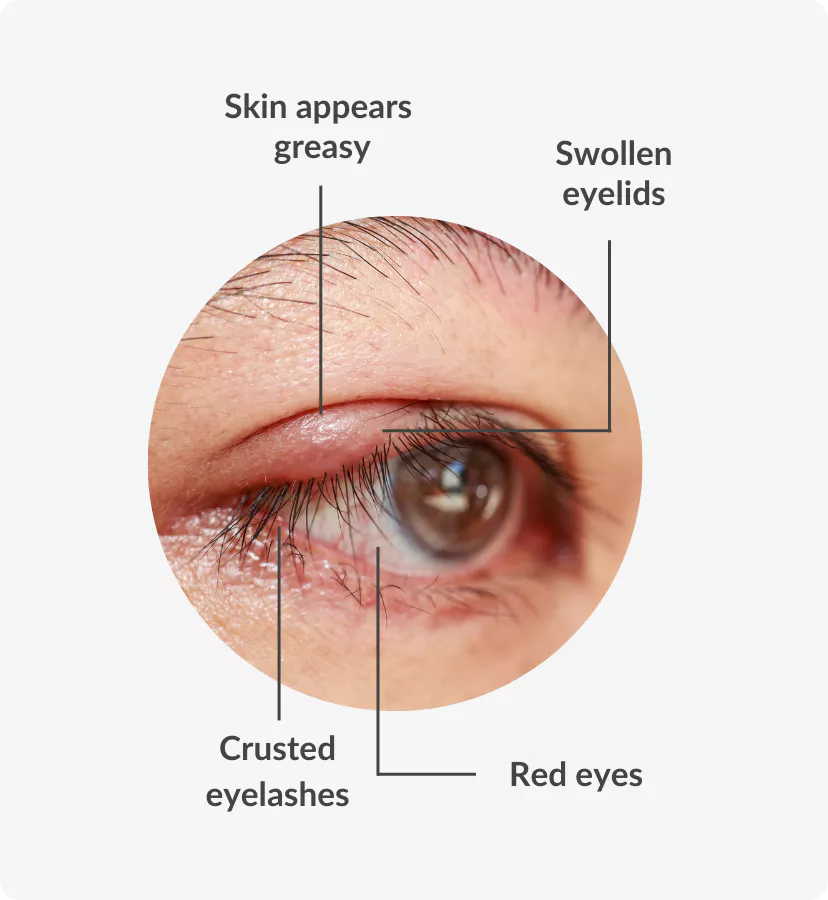
Introduction
In our fast-paced world, taking care of our health often gets sidelined, and eye health is no exception. Yet, regular eye exams are crucial for maintaining good vision and overall health. So, how do you know when it’s time to book an eye exam? Here are some key signs and reasons to consider.
1. Changes in Vision
One of the most obvious signs that you need an eye exam is a change in your vision. If you notice that things appear blurry, you’re having difficulty reading signs from a distance, or you need to hold books and screens closer than before, it’s time to see an eye doctor. These changes can indicate issues such as nearsightedness, farsightedness, or astigmatism, which can often be corrected with glasses or contact lenses.
2. Frequent Headaches
Frequent headaches can be a symptom of various health issues, including eye strain. If you find yourself suffering from headaches, especially after reading, using a computer, or doing other close-up work, it might be due to uncorrected vision problems. An eye exam can help determine if your eyes are the culprit and if you need corrective lenses.
3. Difficulty Seeing at Night
Struggling to see at night or having trouble driving after dark can be a sign of several eye issues, including cataracts, night blindness, or even a vitamin A deficiency. Night vision problems can be particularly dangerous for drivers, making it essential to address this issue promptly with an eye examination.
4. Eye Strain or Fatigue
In our digital age, eye strain is increasingly common. Spending long hours staring at screens can cause discomfort, dry eyes, and fatigue. If you’re experiencing these symptoms regularly, it’s wise to have your eyes checked. Sometimes, special glasses or adjustments to your screen use can alleviate these issues.
5. Floaters and Flashes
Seeing floaters (small, dark, shadowy shapes that float across your field of vision) or flashes of light can be alarming. While floaters can be a normal part of aging, a sudden increase in floaters or flashes could indicate a serious condition, such as retinal detachment. Immediate medical attention is necessary in these cases.
6. Eye Pain or Redness
Persistent eye pain, redness, swelling, or discomfort should never be ignored. These symptoms can be signs of infections, inflammations, or more serious eye conditions like glaucoma. An eye exam can help diagnose the cause and provide the appropriate treatment.
7. Double Vision
Experiencing double vision can be disorienting and dangerous, particularly when driving or operating machinery. Double vision can result from various issues, including problems with the muscles controlling eye movement, neurological issues, or other serious health conditions. An eye doctor can help identify the underlying cause.
8. Diabetes or Other Health Conditions
If you have diabetes, hypertension, or other health conditions that affect your eyes, regular eye exams are essential. Diabetes, for instance, can lead to diabetic retinopathy, a condition that damages the blood vessels in the retina. Regular eye exams can help detect these issues early and prevent serious complications.
9. It’s Been a While Since Your Last Exam
Even if you’re not experiencing noticeable symptoms, it’s important to have regular eye exams. Adults should have their eyes checked at least every two years, while those over 60, children, or individuals with certain health conditions should have more frequent exams. Regular check-ups can catch issues before they become serious and ensure your prescription is up to date.
Conclusion
Taking care of your eyes is a crucial part of maintaining your overall health and well-being. If you’re experiencing any of the symptoms mentioned or if it’s been a while since your last eye exam, schedule an appointment with your eye doctor. Regular eye exams can catch problems early, provide solutions to improve your vision, and ensure your eyes stay healthy for years to come. Don’t wait for symptoms to become severe—be proactive about your eye health today.




